Russian Revolution of 1917
Begining of Revolutionary Movements in Russia
- Russia at the beginning of 20th century was ruled by Czar, Nicholas II.
- He was an autocrat & his policies were not popular among masses.
- Criticism of the government reached climax in 1905 when Russia was defeated by Japan.
- On 9 January 1905, a mass of peaceful workers with their wives and children was fired at in St. Petersburg while on its way to the Winter Palace to present a petition to the Czar.
- More than a thousand of them were killed and thousands of others were wounded.
- This day is known as Bloody Sunday.
- The news of killings provoked unprecedented disturbances throughout Russia.
- Even sections of the army and the navy revolted.
- It forced Czar to make concessions (October Manifesto).
- This included granting of an elected parliament (Duma).
- However, the Duma was ineffective and did not further the cause of Russian people.
Why did Nicholas survive 1905 Revolution?
- His opponents were not united.
- There was no central leadership. The whole thing started spontaneously.
- He had been willing to compromise at critical moment.
- Most of the army remained loyal.
Russian Revolution of 1917
With Nicholas flouting 1905 promises, there was bound to be a revolution sooner or later. The major causes leading to the revolution of 1917 were as follows:
- Failure of Land Reforms
- Serfdom had been abolished in 1861 but it did not improve the conditions of the peasants.
- They still had miserably small landholdings with no capital to develop.
- Late industrialization
- More than half of the capital came from foreign countries.
- They showed no concern for the condition of workers.
- Russian capitalist competed with foreigners by reducing the wages.
- The worker had no political rights.
- Later there was a wave of industrial strikes after shooting incident in which hundreds of goldminers had lost their lives.
- Government Repressions
- Secret police employed by government eliminated revolutionaries.
- Corruption in Royal Family
- Czar Nicholas II still believed in the divine rights of kings.
- Only nobility and upper layers of clergy supported him.
- Bureaucracy was top heavy, inflexible and inefficient, the members were solely from privileged classes.
- The royal family was discredited by large number of scandals, and this further aggrieved the masses.
- War Failures
- Russian failures in First World War made revolution certain.
- Bread became very scarce.
- His tactical blunders led to heavy drain of wealth and death of more than 6 lakh Russian soldiers.
- The aristocracy, the Duma, industrialists and army were beginning to turn against Nicholas.
Revival of Revolutionary Parties
- Bolsheviks (Majority) and Mensheviks (Minority) revived.
- Both groups had developed from an earlier movement the Social Democratic Labour Party.
- Vladimir Lenin was a dynamic leader of Bolsheviks & Marxist in outlook.
- Bolsheviks wanted a small, disciplined party of professional revolutionaries who would work full time to bring revolution.
- He laid emphasis on working with peasants and getting them involved in revolutionary activities. On the other hand, Mensheviks believed that revolution could not take place until the country was industrialized and industrial workers in majority over peasants.
In setting forth the fundamental law for a successful revolution’, Lenin included 2 conditions which arrived in Russia in 1917.
- the people should fully understand that revolution is necessary and be ready to sacrifice their lives for it.
- the existing government should be in a state of crisis to make it possible for it to be overthrown rapidly.
February and October Revolutions
Bread riots broke out in St Petersburg. The czar sent orders for troops to use force, however, some of the troops refused to fire. Mobs seized public buildings, released prisoners from jail. The Duma advised Nicholas to set up a constitutional monarchy, but he refused & sent more troops. Ultimately bowing down to the pressure czar abdicated his throne in favour of his brother but he refused to accept the throne and thus Russian monarchy came to an end.
- A provisional government came to power under Alexander Kerensky who was a moderate socialist.
- But the government failed miserably as it decided to continue the war which proved to be highly unpopular & his decision ended in a disaster.
The most important demands of the people were fourfold: peace, land to the tiller, control of industry by workers, & equal status for the non-Russian nationalities.
- Provisional Government did not implement any of these demands and lost the support of the people.
Lenin, who was in exile at the time of February Revolution, returned to Russia.
- Under his leadership, the Bolshevik Party put forward clear policies to end the war and transfer land to the peasants and advanced the slogan ‘All Power to the Soviets’.
- On the question of non-Russian nationalities, Bolsheviks were the only party then with a clear policy.
Lenin had described the Russian empire as a ‘prison of nations’ and had declared that no genuine democracy could be established unless all tile non-Russian peoples were given equal rights. He had proclaimed the right of all peoples, including those under the Russian empire, to self-determination.
- Finally on 20th October Petrograd Soviet attempted to seize power.
- Bolshevik red guards occupied all key points and later arrested the provincial government.
- It was a bloodless coup. The Bolsheviks knew exactly what they were aiming for & were well disciplined and organised.
Russian Civil War
- Soon the new state was involved in a civil war.
- The officers of the army of the fallen Czar organised an armed rebellion against the Soviet state.
- Troops of foreign powers – England, France, Japan, United States and other —joined them. War raged till 1920.
By this time the ‘Red Army’ of the new state was in control of almost all lands of the old Czarist empire. The Red Army was badly equipped and composed mainly of workers and peasants However, it won over better equipped and better trained forces, just as the citizen armies in the American and French revolutions had won.
Importance of Russian Revolution
- The overthrow of autocracy and the destruction of the aristocracy and the power of the church
- Victory of communist philosophy & Marxian ideology – first time brought working class into power
- Realisation of the old principle of ‘from each according to his capacity, to each according to his work’.
- Emergence of USSR (Union of Soviet Socialist Republic) which played an important role in WWII.
- Mitigation of discrimination based on race, colour and sex.
- Right to work become a constitutional right and it became a duty of the state to provide for employment.
- Education was given a very high priority.
Private property in the means of production was abolished and the motive of private profit eliminated from the system of production. Economic planning by the state was adopted to build a technologically advanced economy at a fast rate and to eliminate glaring inequalities in society.
Communist International (Third International or Comintern)
Communist International was formed for promoting revolutions on International Scale. Communist parties were formed in several other countries. Soviet Union became leader of Communist Movement across the world.
- The group of countries that followed USSR ideology came to be known as Second World or ‘Socialist Block’.
- Revived the idea, ‘He that does not work neither shall he eat’, gained widespread acceptance, adding anew dignity to labour.
- Socialists all over the world organized campaigns for putting an end to imperialism.
- The new Soviet state came to be looked upon as a friend of the peoples of the colonies struggling for national independence.
- Russia after the Revolution was the first country in Europe to openly support the cause of independence of all nations from foreign rule.
- Immediately after the Revolution, the Soviet government had annulled the unequal treaties which the Czar had imposed on China.
- It also gave assistance of various kinds to Sun Yat Sen in his struggle for the unification of China.
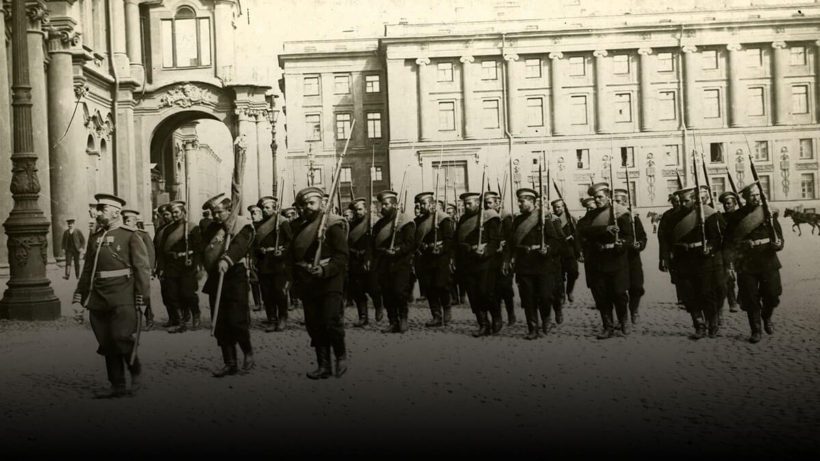
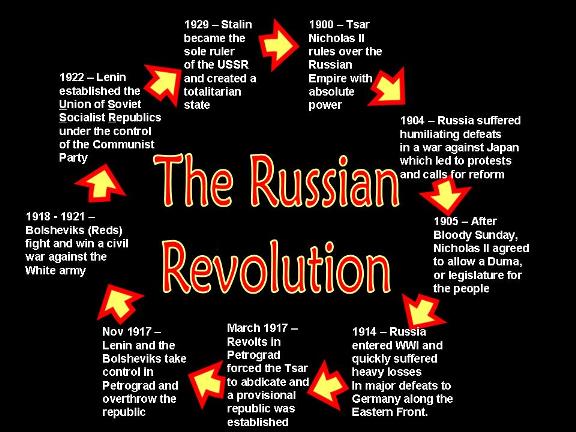
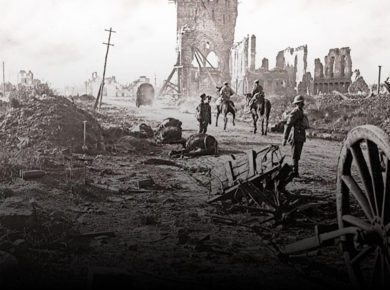
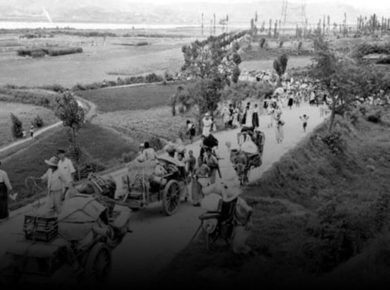
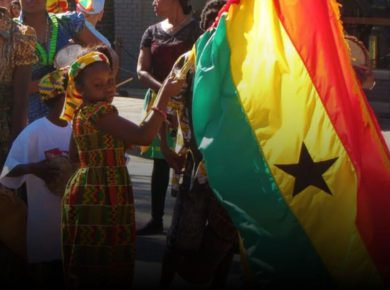

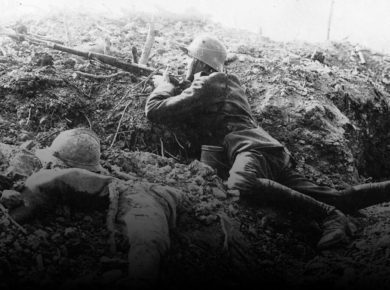




2 comments
hata sawan ki ghata kya content hain babu mushay
thankyou very much to share the knowledge.